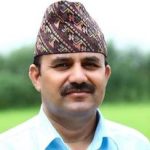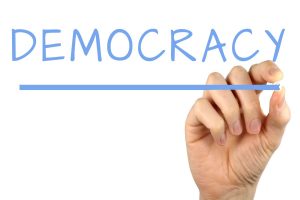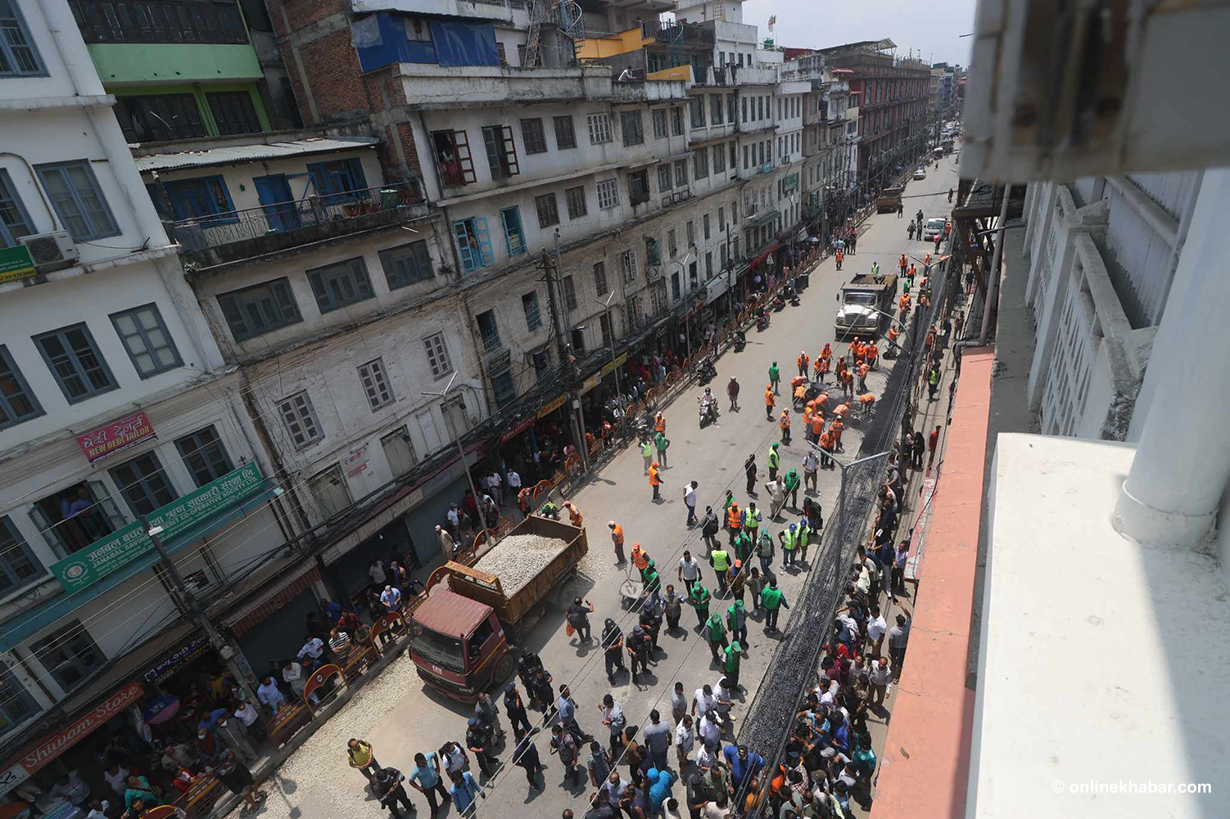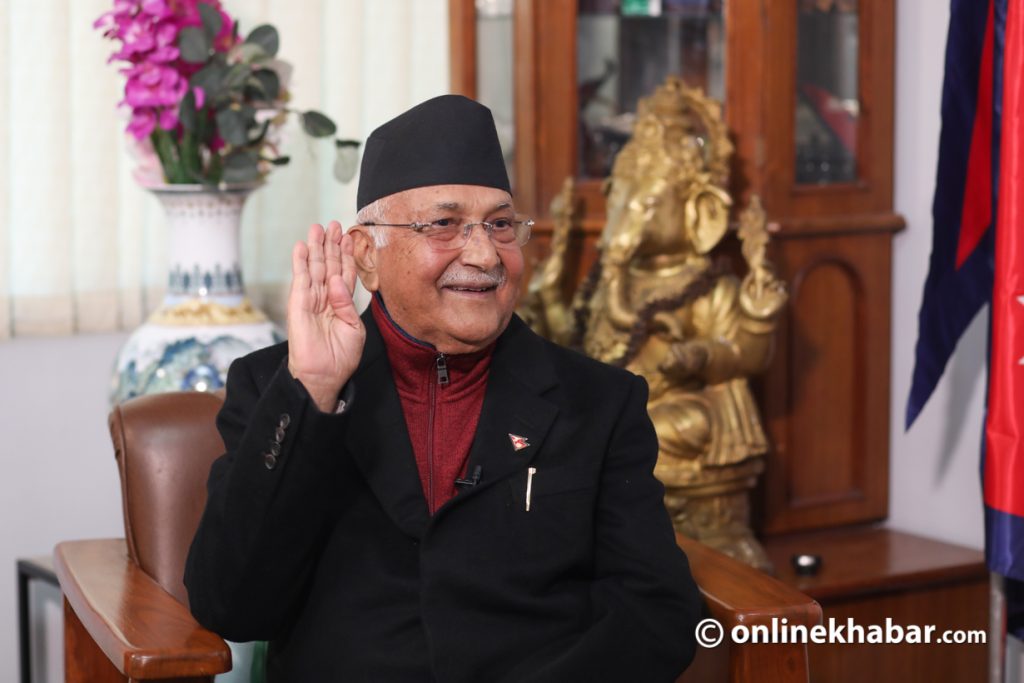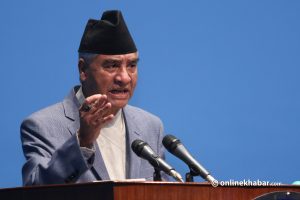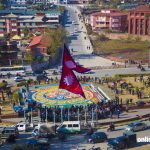
Nepal has three main divisions of power— the legislature, the executive and the judiciary— each of them has different functions, duties and responsibilities. Although it seems that the main centralisation of the political system is the executive body (Council of Ministers), Nepal’s parliament or legislature is the soul of the state.
According to the principle of checks and balances, the state system is sustainable and people-oriented only if all three parts of the state can function effectively. The best interests of the country and its people can only be achieved by the smooth functioning of the state powers.
The parliamentary system is the most widely accepted in the world so far. It emphasises the balance of power with the distribution of state authority, which can also broadly include the power of the parliament to impeach the authority of the executive post.
In the modern world, the parliamentary system features direct election and selection of members of parliament. It includes a directly elected House of Representatives (HoR) as the lower house and an upper house with proportional, inclusive, and eminent citizens chosen through various means. The parliament serves as a platform for lawmakers and facilitates the practice of the legal process and guides future actions.
However in the present context, Nepal’s parliament has become weak due to the Prime Minister’s desire to hold onto power, the minister’s indifference to the suffering of the people, the fragile performance of the opposition and the lethargy of the parliamentarians. This questions the future of democracy in Nepal.
Dismal status of federal parliament

Nepal’s parliamentarians have failed to raise people’s voices and questions. They are hopeless. They are struggling to get adequate time to speak in the parliament, and whenever they get a chance they speak without proper study and homework.
Those who criticise the government with good arguments and raise people’s concerns and voices are ignored. The positive voice disappears like water bubbles. The creativity of parliamentarians has been killed and cold water is poured on the enthusiastic young parliamentarians who aim to do something for the people.
The dream of the youth has been chiselled, civil rights are being curtailed. Nepal’s lawmakers are found to give priority to the self-interest of the party rather than serving their community. It is not clear whether they are working for the rights of the class, gender, region, or community that they stand for.
Why are they not able to fulfil their influential role? Minimising the roles of the parliament seizes people’s rights and prosperity. Nepal’s parliamentarians should be like the oak trees, which stand even when the wind blows from the opposite direction. Harassing lawmakers means the loss of rights of people in the foggy and smoggy ground.
The belief that politics is the best policy among all policies that guide in making policies in all areas including education, health, finance, foreign affairs, diplomacy, transportation, communication, technology, etc. has now become a pathetic statement as the state of people’s hope and trust is in deficit.
Parliamentary system for consensus

As the parliamentary system is a political system based on consensus, understanding, tolerance and moderation, what is the recognition of the opposition in the parliamentary system?
If the opposition bench remains empty, all businesses get postponed and motions of the parliament are not discussed on that day. If the opposition is bypassed, the system will be authoritarian. The position of the opposition leader in the parliamentary system is the same as that of the waiting prime minister.
The access of opposition leaders to every constitutional decision of the government is ensured because they can prevent the government from doing unparliamentary activities by warning them. In Nepal, the institutional devaluation of the opposition, which holds an important place in the development of democracy, is constantly increasing.
Even in the three-decade-long Panchayat system, a partyless system without opposition, there was limited freedom to criticise the government on policy matters that were within the scope of the constitution.
Since 1990, the existence of the opposition has been recognised politically, institutionally and constitutionally. Despite occasional deviations, the opposition has tried to hold the government accountable for issues such as policy distortions, corruption and abuse of power within the state machinery.
The main question is why the creativity of the people’s representatives is not recognised when considering, discussing, and taking action on issues concerning the rights of the common people and the implementation of the constitution. Parliament is a place for the people’s representatives. It is Nepal’s apex body. But when will the situation change, and Nepal’s parliamentarians will no longer be rendered helpless and their roles be acknowledged as valuable rather than worthless?
If the government disregards the voice of the parliament, the government is considered to be disrespectful towards parliamentary tradition, practice and dignity. These activities will weaken democracy.
Communists believe that parliament is a shop that sells dog meat by showing the head of a he-goat. Are Nepal’s parliamentarians trying to prove this statement true? The prime minister, ministers and leaders of the government are confirming that the parliament and the parliamentary system should make the people omnipotent, but the people are being treated like animals.
Due to the lack of common understanding among the parties, there is a continuation of collusion with external powers and handing over the country’s natural resources to foreigners. But it can be assumed that the country is moving towards regression due to the state of affairs of the parliament, which is becoming irrelevant. In Singha Durbar and Baluwatar, there is a contradiction between what they say and what they do.
Strengthen the parliament: Trustworthy panacea

The parliament is supposed to make the people confident about the rule of law, but parliamentary practices these days in Nepal are being done selfishly to hold the parliament, hostage. Parliament is becoming a victim of neglect. The parliamentary system is in shambles.
Sadly, the belief in the principle that the state serves its people is dying. Now populist politics is dominant. The awakening of stable politics with trust is the current national need and fundamental public expectation. But why are people’s representatives who earn from people’s taxes unable to speak according to people’s expectations? This is a matter of grave concern of general interest. Most of the lawmakers in Nepal speak in short bursts. They speak merely for formality.
Parliamentarians speak only for the benefit of their political party and overlook the issue that holds national interest. There are only a few lawmakers who come with the necessary homework and put their case in parliament effectively. However, those lawmakers are not appreciated except by the parliamentarians of their party.
Another problem with our parliament is the parliamentarian does not get adequate time to speak. This problem must be solved through certain procedures. While there are also parliamentarians who speak just for formality.
The performance of parliamentarians is doubtful. It seems like they are defaming the parliament in a planned way or deliberately switching off the spirit of the parliament.
The parliament is supposed to make the people confident about the rule of law. But in Nepal, some selfish parliamentary practices are undermining this trust by holding the parliament hostage.
Parliament is becoming a victim of neglect. The parliamentary system is in shambles. The sad aspect is that people have lost their belief in the dignity and power of the state. They do not expect to be helped by the state.
At present, populist politics is dominant. It is not easy for parties to fulfil constitutional responsibility and moral obligations in cheap politics and cheap style.
To maintain its dignity, it is necessary to make the parliament a centre of people’s faith. If there will be a reliable government, responsible opposition and creative parliamentarians, trust in the parliament will be awakened. As a result, it will contribute to the development of Nepali democracy.


